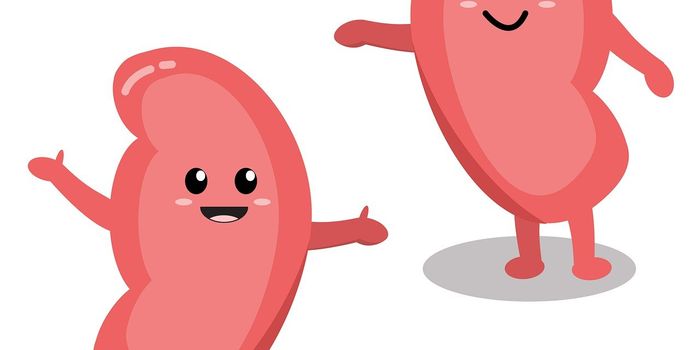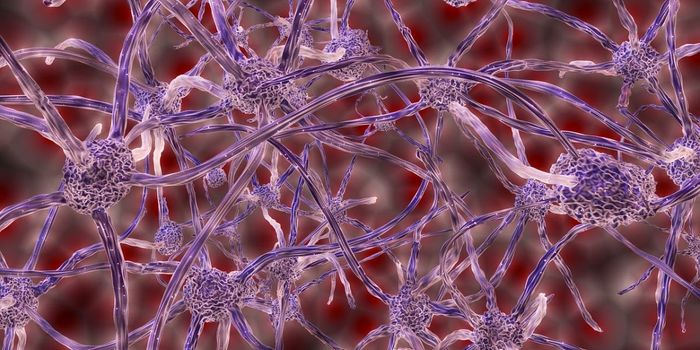Study Examines Effects of Prenatal CBD Exposure
A study published in Obstetrics and Gynecology indicated that gestational exposure to the non-psychoactive cannabis compound cannabidiol (CBD) impacts the behavior of offspring. CBD also affects the neurons in the brain's insular cortex (IC), facilitating the processing of emotions and sensory signals. The study included a longitudinal follow-up of the behavioral consequences of gestational exposure to CBD and neuron activity that accounts for changes in behavioral traits. A significant number of pregnant women use CBD to alleviate pain, insomnia and anxiety, so this study provides valuable insights into the potential risks of CBD use for offspring.
The researchers injected pregnant female mice with a low dose of CBD (3mg/kg) from day 5 to day 18 to ensure they received the same daily concentration of CBD. This period was almost the entire gestational period of a mouse. The control group did not receive CBD injections.
Once the mice pups reached adulthood, the researchers tested their behaviors with a "Live Mouse Tracker" technology that involves infrared, depth-sensing cameras, and machine learning (artificial intelligence). The tracker helped detect a range of behaviors when the mice experienced a new environment for several days. The researchers observed several behavioral changes among the mice exposed to CBD. According to study author Caceres Rodriguez, "CBD-exposed females tended to move around their new environment more compared to females that didn't receive CBD during gestation. Furthermore, compared to control mice, both male and female mice treated with CBD established more physical contacts with each other." The findings suggest that sex is a determining factor in how prenatal CBD exposure modifies specific behaviors.
The findings have significant implications for understanding prenatal CBD exposure. The study highlights the need to challenge assumptions that CBD is a universally safe compound. More research is critical for understanding how IC dysfunction increases the risk of developing psychiatric disorders, such as anxiety, addiction, depression, and schizophrenia.
Sources: Eureka News Alert, Live Mouse Tracker, Obstetrics and Gynecology








